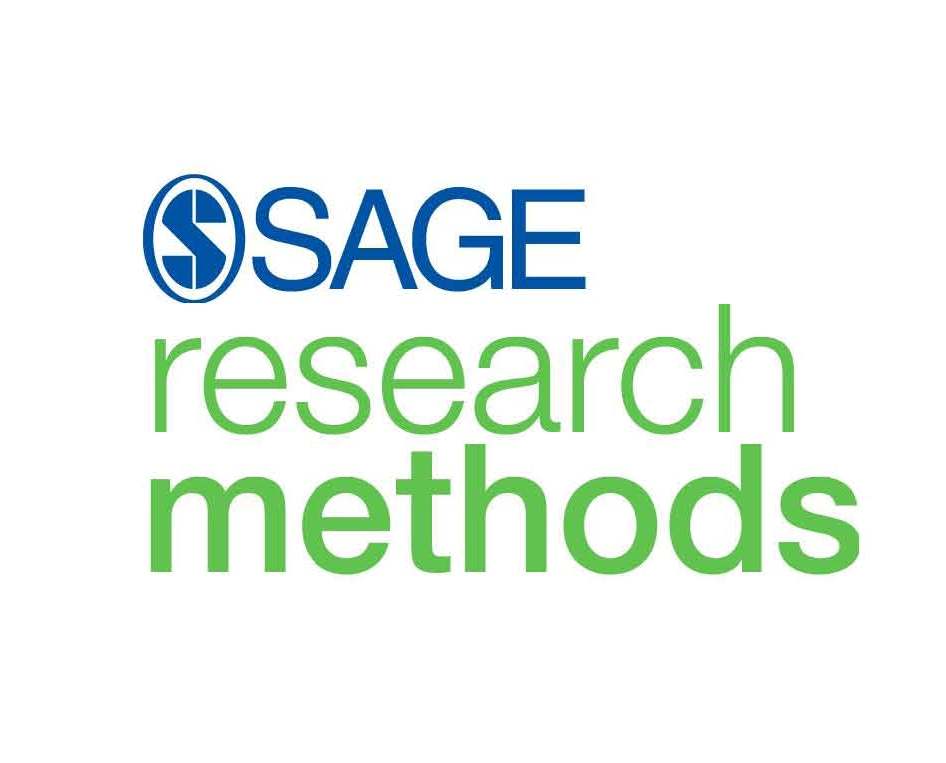Overview
Overview
This section of the guide aims to share resources to support your scholarship and research.
They reflect suggestions from the Center for Faculty Innovation and JMU Libraries.
Research Methodologies

SAGE Research Methods
SRM is a compilation of books, reference works, journal articles, and instructional videos from across the social sciences that helps users learn various research methodologies.

LinkedIn Learning
Find streaming video tutorials on over 2,000 courses in 3D animation, audio, business, CAD, design, development, photography, video creation, web design, and more.
Higher Education Research Methodology
Topics covered include ontology, epistemology and engagement with academic literature, as well as research design approaches and methods of data collection.
Action Research Communities
Action Research Communities presents a new perspective on two current and proven educational practices: classroom-/school-based action research and professional learning communities.
Writing Resources
-
Funding for Social Justice Work: Equality in Love, Life and Liberties: 250+ Grants
This grant directory is for all the social justice and advocacy organizations, grassroots groups, student initiatives, nonprofit organizations, and faith-based programs devoted to progressive change. More than 250 private funding opportunities are included that support social justice, equality in love and gender identity, diversity, democracy, environment, women, art-based activism and more. -
Writing Research Proposals in the Health Sciences
This is your step-by-step guide on how to write successful research proposals in the health sciences, whether it is for a thesis or dissertation review committee, an ethical review committee or a grant funding committee. -
The Foundation Center's Guide to Proposal Writing
Incorporating the results of 40 interviews with grantmakers across the nation, the Guide reveals their priorities in reviewing submissions and provides insight into what makes a winning proposal. -
Writing the NIH Grant Proposal
Acting as a virtual mentor, this book provides systematic guidance for every step of the NIH application process, including the administrative details, developing and managing collaborative relationships, budgeting, and building a research team. -
Successful Grant Writing for School Leaders
This book breaks grant-writing down into 10 easy steps so school leaders learn how to sharpen their own skills and help others write highly-competitive grants. -
Grant Writing for Dummies
Use this resource, including new and updated material, to move through the entire grant-writing process and apply for some of the billions of dollars available from public and private sector sources.
-
How Writing Faculty Write
Examines the composing processes of fifteen faculty leaders in the field of rhetoric and writing, revealing through in-depth interviews how each scholar develops ideas, conducts research, drafts and revises a manuscript, and pursues publication. -
Write No Matter What
Introduces tools and techniques that encourage frequent, low-stress writing. She points out common ways writers stall and offers workarounds that maintain productivity. -
Write It Up: Practical Strategies for Writing and Publishing Journal Articles
Offers systematic approaches to problems like picking journals; cultivating the right tone and style; managing collaborative projects and co-authors; crafting effective Introduction, Method, Results, and Discussion sections; and submitting and resubmitting papers to journals. -
A Guide to Publishing for Academics
Contains interesting vignettes and do's and don'ts so that potential authors can understand what goes on behind the scenes once the manuscript arrives on the journal editor's desk. The book provides constructive guidance on choosing what and where to publish, what to consider when writing a title for a paper, how to prepare and submit journal manuscripts, and how to position a paper for publication. -
Essaying the Past: How to Read, Write, and Think About History
Covers important topics such as framing questions, developing a strong introduction and topic sentences, choosing good evidence, and the crucial role of revision -
The PhD Writing Handbook
Covers core topics such as exploring key concepts through writing, building a structured chapter framework and completing a first draft. Each chapter features insights from researchers along with hands-on tasks and self-evaluation exercises to help readers develop their own strategies for success. -
Multimodality in Higher Education
Theorizes writing practices and writing pedagogy in Higher Educational contexts from a multimodal perspective. -
Medical Writing
This book is a clear and comprehensive guide that assists readers in translating observations, ideas, and research into articles, reports, or book chapters ready for publication.
-
Better Presentations: a guide for scholars, researchers, and wonks
Designed for presenters of scholarly or data-intensive content, Better Presentations details essential strategies for developing clear, sophisticated, and visually captivating presentations. -
TED Talks
Explains how the miracle of powerful public speaking is achieved, and equips you to give it your best shot -
An EasyGuide to Research Presentations
An EasyGuide to Research Presentations is an invaluable tool for helping readers learn the ropes of presenting original research and experience the thrill of becoming part of a strong scientific community. -
Designing Science Presentations
Designing Science Presentations guides researchers and graduate students of virtually any discipline in the creation of compelling science communication. -
Presentation Skills Training
Become confident speakers who engage and invigorate others with effective presentations and address challenges with tact and professionalism


